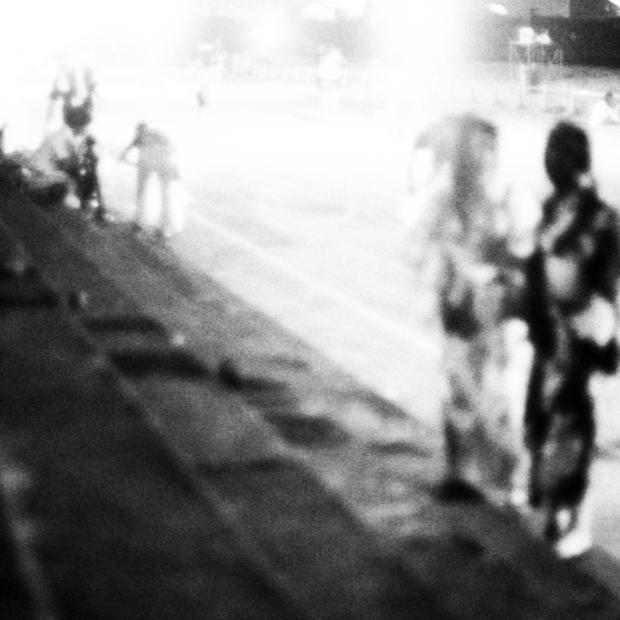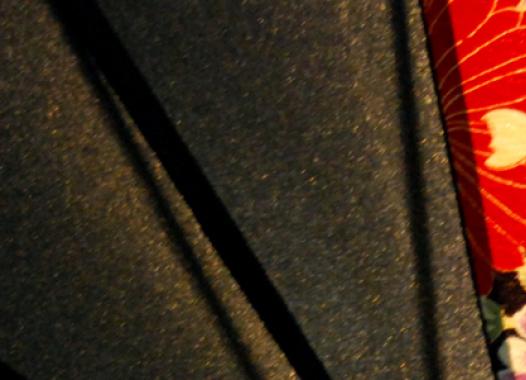
Join the colloquy
Locating Contemporary Asian American Poetry
more
In 1996, Juliana Chang observed that there were a "disproportionately small number of critical essays" on the topic of Asian American poetry and poetics. Asian American literary and cultural study might have grown rapidly as an area of scholarly specialty since the 1970s, but academics still seemed to approach verse with near "fear and loathing." Indeed, she estimated that there were probably more essays in print about a single novel, Maxine Hong Kingston's Woman Warrior (1976), than about the whole of Asian American poetic production from the 1890s onwards (83-84).
Two decades later, one can no longer make the same claim. The year 2004 seems to mark a turning point. An anthology appeared, Asian American Poetry: The Next Generation, that announced the emergence of new, self-aware, ambitious cohort of authors, and the organization Kundiman put on the first of its storied annual "workshop retreats," in which Asian American writers, including poets, could meet each other, forge a nation-wide peer network, find mentors, and discuss topics of mutual interest in a supportive environment.
Soon after these important inaugural gestures, major monographs on Asian American poetry and poetics began to appear at the rate of one or more a year. Among them number Xiaojing Zhou's The Ethics and Poetics of Alterity in Asian American Poetry (2006), Josephine Nock-Hee Park's Apparitions of Asia: Modernist Form and Asian American Poetics (2008), Timothy Yu's Race and the Avant-garde: Experimental and Asian American Poetry Since 1965 (2009), Steven G. Yao's Foreign Accents: Chinese American Verse from Exclusion to Postethnicity (2010), Joseph Jonghyun Jeon's Racial Things, Racial Forms: Objecthood in Avant-Garde Asian American Poetry (2012), and, most recently, Dorothy Wang's Thinking Its Presence: Form, Race, and Subjectivity in Contemporary Asian American Poetry (2014). While there remain large holes in academic coverage of the subject—for example, most scholarship to date focuses on poets with East Asian affiliations, not Southeast or South Asian, let alone Near Eastern—one can now talk about Asian American poetry and poetics as a solidly established scholarly specialty.
For the 2015 American Comparative Literature Association annual conference, the co-editors of this colloquy decided to organize a seminar with the purpose of exploring the state of the field. What kinds of material are scholars choosing to write about? How do they imagine their objects of study, and how do they configure the relation between the three key terms Asian, American, and poetry? How do they deploy rubrics such as diaspora, nation, and migration? How do they define the relationship between race and aesthetics? We chose the title "Locating Contemporary Asian American Poetry" because so many of the questions we were asking involved charting spaces, providing timelines, and (re)discovering texts. We did not intend to fix or contain our subject matter, to pin it down or assign it a place; we wanted to generate and share impressions of and insights into a swiftly growing, changing area of study.
This colloquy gathers together six of the papers presented at the 2015 ACLA conference, along with excerpts from two precursor texts, Yu's Race and the Avant-Garde and Wang's Thinking Its Presence, which provide literary-historical and literary-critical background. Two of the new essays concentrate on figures who first came to prominence in the 1960s and 1970s. Toshiaki Komura challenges Janice Mirikitani's reputation for writing straight-ahead poetry of political engagement by highlighting the ambiguity and wordplay present in even her most "activist" verse. Jane Wong revisits the formally adventurous, "transnational" poetics of Wong May, a Singapore-raised poet who earned a MFA from the Iowa Writer's Workshop in 1966. Three essays concentrate on more recent bodies of work. Kornelia Freitag's essay explores Meena Alexander's intertextual dialogue with Walt Whitman; Brian Reed's looks to Sueyeun Juliette Lee for insight into the relationship between geography, diaspora, and the poetic imagination; and Sharon Tang-Quan's recounts Wang Ping's inquiries into migration and mourning. A final essay, by Pimone Triplett, combines commentary on John Yau's innovative dramatic monologues with a more-wide ranging, personal statement on what it means to be both Thai American and a poet in the era of Facebook.
Collectively, these pieces demonstrate a faith in the ability of close, careful reading of particular poets and poems (1) to enhance our appreciation of their aesthetic accomplishments and (2) to ground sociopolitical arguments about race, identity, nationality, and history. These aims are not perceived as opposing or irreconcilable. Rather, they are presumed to be mutually reinforcing, and to advance in tandem. The essays are of their literary-critical moment in other ways, too. For instance, the "masculinist critical bias" associated with early canonizing efforts such as Aiiieeeee! An Anthology of Asian-American Writers (1974) feels like a distant memory (Cunningham 17). Five of the six original contributions here focus on women writers, and two of the female contributors are themselves successful poets. Triplett has published three books, most recently Rumor (2009), and she has taught at Kundiman. Wong is a former Kundiman Fellow whose first poetry collection, Overpour, is forthcoming from Action Books in 2016. While no one gathering of essays could ever do justice to the full spectrum of what is being written by or about Asian American poets today, we hope that this colloquy—along with other, comparable efforts, such as the recently published volume Nests and Strangers: On Asian American Women Poets (2015)—will help to introduce a wider readership to a compelling, even revelatory body of work.
List of Works Cited
Chang, Juliana. "Reading Asian American Poetry." MELUS 21.1 (Spring 1996): 81-98.
Cunningham, John Christopher. Race-ing Masculinity: Identity in Contemporary U.S. Men's Writing. New York: Routledge, 2002.















